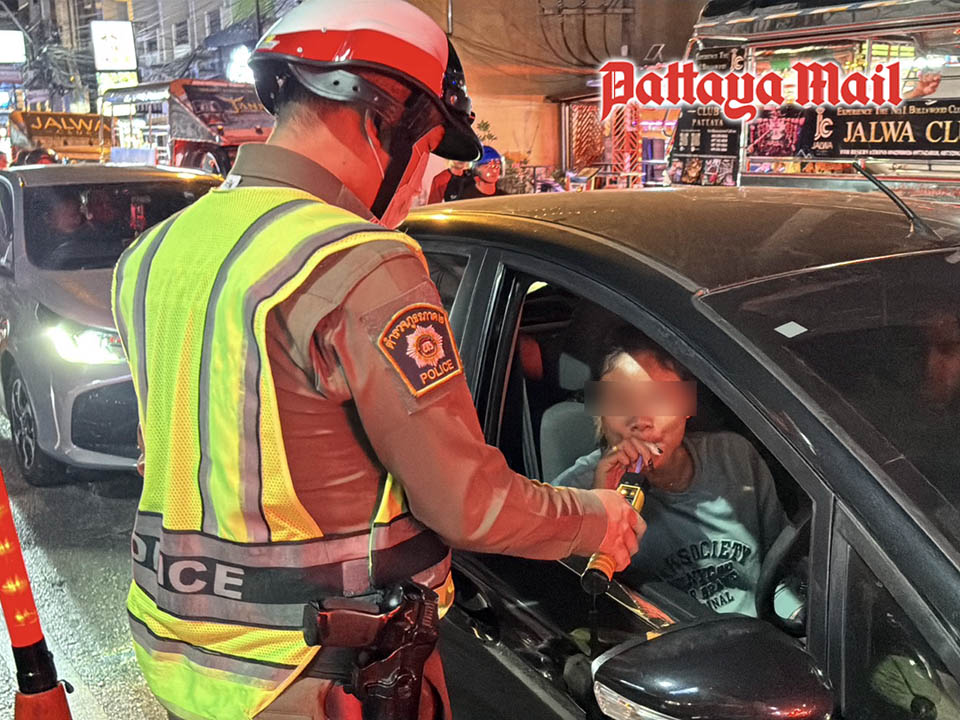
PATTAYA, Thailand – Every year, the same headlines return like clockwork—Songkran kicks off, the roads turn deadly, and authorities promise tougher safety measures. Yet despite all the press briefings, checkpoints, and public awareness campaigns, the question many are now asking is: Is road accident control in Thailand a joke?
At first glance, it might not seem like it. On April 13, the National Road Safety Center held a briefing to announce the tightening of safety regulations during the peak of the Songkran holiday. Speeding and drunk driving were identified as the two leading causes of accidents. In response, provincial officials were ordered to deploy more personnel, monitor high-risk areas more closely, and clamp down on dangerous behavior. Sounds promising, right?
But the numbers speak louder than the press releases. Just on April 12 alone, 248 accidents were reported nationwide. Those crashes left 257 people injured and claimed 30 lives. Motorcycles were involved in nearly 86% of the cases, with most crashes occurring on straight roads—proof that it isn’t poor infrastructure, but poor behavior behind the wheel. And within just two days of the Songkran safety campaign, Thailand had already recorded 460 accidents, 458 injuries, and 59 deaths. Bangkok had the highest death toll, while Mukdahan saw the most crashes and injuries. Only 44 provinces reported zero fatalities.
Yes, there are rules in place—alcohol sales to anyone under 20 remain strictly prohibited, and hawking alcohol in tourist zones or water-play areas is banned. Checkpoints are targeting helmetless riders, seat belt violations, and the dangerous (but common) habit of riding in the back of pickup trucks. Emergency response teams have been mobilized. Public announcements warn people not to throw water at motorcyclists, and entertainment venues are being told to stick to legal hours. Even the weather is being monitored, with storm alerts issued across much of the country.
But even with all this, people are still dying—fast.
The issue isn’t just enforcement; it’s culture, complacency, and years of normalized recklessness. People ignore the rules because they’ve always done so—and they often get away with it. Songkran, for all its joy, becomes an annual national tragedy because laws exist more on paper than on the pavement.
If Thailand wants real change, the system has to stop treating road safety as a holiday formality and start treating it like the public health crisis it truly is. Tougher laws, stricter enforcement, and public accountability shouldn’t be reserved for just one week in April—they need to happen all year round. Otherwise, next Songkran, we’ll just be adding more names to the same tragic list.










